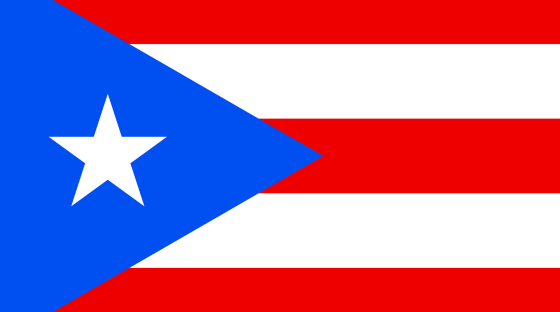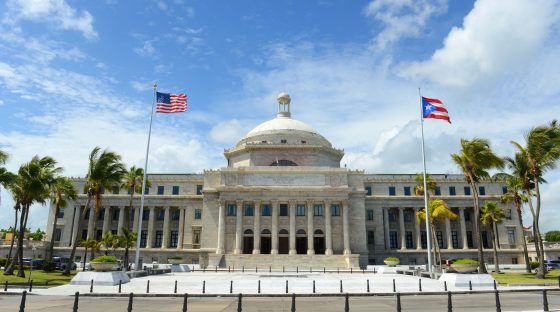-
Services
-
Software Project Delivery
-
Services
-
Solutions
-
Technologies
-
-
Network
-
Discover
-
Regions
-
Industries
-
Must-Read Guide
-
2026 Global Software Outsourcing Rates and Trends GuideDiscover why rates are just one aspect of the Accelerance Global Software Outsourcing Rates & Trends Guide, which offers valuable insights into the software development landscape.
-
-
-
Resources
-
Our Resources
-
Newest White paper
-
Aviation Ecosystem Modernization: A Holistic Approach for Meaningful TransformationModernize aviation by integrating people, processes, technology, and data
-
-
New eBook
-
 The True Cost of Software DevelopmentHidden costs can wreck your budget. Our new eBook breaks down the true cost of outsourcing—get your copy to stay ahead.
The True Cost of Software DevelopmentHidden costs can wreck your budget. Our new eBook breaks down the true cost of outsourcing—get your copy to stay ahead.
-
-
Featured White paper
-
Flow & Process OptimizationIn this white paper, you'll learn to streamline workflows, improve change management, and accelerate results.
-
-
-
About
-
About Accelerance
-
Our History
-
Accelerance: Our HistoryThere's great talent everywhere and great teams everywhere, which is the basis of the Accelerance model.
-
-
Software Without Borders
-
New Episode Every Week!Tune into our podcast Software Without Borders, the essential listen for technology leaders and business owners in the software sector who crave insights from the industry’s top minds.
-
-
Andy's Book
-
Synergea: A Blueprint for Building Effective, Globally Distributed Teams in the New Era of Software DevelopmentPeople are first and locations are secondary when it comes to software development success.
-
-
- Our Clients
Puerto Rico

Overview
Puerto Rico has been described as a political paradox – a US territory in the Caribbean since 1898, with local self-government and its own distinct personality. Outsourcing rates are higher than in the rest of Latin America but benefits include Puerto Rico’s close proximity to the United States mainland and cultural compatibility.
Boricuas is the name given to the island by indigenous Taínos who inhabited Puerto Rico for hundreds of years before the Spanish arrived in 1493. Puerto Rico is now under the same protections and Federal regulations as the rest of the US, sharing the same currency, banking system, and financial controls. Revenue in the IT outsourcing market is projected to reach US$235.80m in 2024, driven by the increasing demand for cloud computing and cybersecurity services, with Puerto Rico leading the way in a move towards fintech, insurtech, and blockchain technology. Another key factor driving growth is the favorable tax incentives offered to businesses, including a 4% corporate tax rate and a 0% tax rate on capital gains.
The Accelerance Global Network is the most curated list of high-quality global teams ever assembled.
100
Developers
Total number of developers in our certified partner network by country
1
Certified Partner
Total number of certified partners in our global network by country.
4hrs
Time Travel (From NY)
Average flight time from NY to the major cities in the country.
70
Partner Innovation capability
The score reflects investment in STEM progrms and IT funding by country.
87
Partner Skill Level
Level of workforce skills and quality of education, including factors such as digital literacy, interpersonal skills, etc.
53
Partner Global Competitiveness
National productivity based on 12 core pillars, including government policy, infrastructure, economic stability, etc.
High
Software Outsourcing Readiness
Overall rating, based on the maturity of the tech sector, socio-political conditions, and on-the-ground research by Accelerance.

Talent Pool & Education
The US Government aims to reinvent Puerto Rico as a knowledge-based economy, using tax incentives to court international technology companies and investors to establish or expand operations on the island. Helping to keep the marketplace well supplied is the Mayagüez Campus of the University of Puerto Rico, considered one of the best engineering schools in the US, with more than 20,000 STEM graduates emerging each year. At the university’s ARL Lab, research is focused on applying artificial intelligence to biomedical sciences.
In late 2023, the Government approved funding for a multi-million dollar broadband infrastructure project. Key elements include a submarine cable to connect Puerto Rico with the Dominican Republic and the US Virgin Islands, the building of multi-purpose technology centers, and the construction of 5G infrastructure. Progress is already well underway to connect all of Puerto Rico’s municipalities with high-speed fiber optic cable to make its telecommunications networks more resilient.
The United States Economic Development Administration has designated the PRBio Tech Hub, a consortium led by the Puerto Rico Science and Technology and Research Trust, as one of 31 inaugural tech hubs nationwide that show potential for rapid growth in key technology sectors. It has also been awarded a Tech Hubs Strategy Development Grant to strengthen its capacity to manufacture, commercialize, and deploy critical technologies.
Language
Due to Puerto Rico’s status as a US colony, both Spanish and English are the official languages of Puerto Rico. Although Spanish is dominant, more than half of the population can speak, read, and understand English, at least on a basic level. English is also taught in schools and widely spoken in the tourism and business communities.

Economic Outlook
Puerto Rico has made great progress in resolving and rebounding from its extensive fiscal crisis, according to a report by the Federal Bank of New York. After officially exiting bankruptcy in 2022, the economy is starting to rebound and is on track to grow by 1.8% in 2024. Unemployment is at a historic low of less than 6% and in 2023, Puerto Rico had its first year of positive net migration since the onset of the COVID-19 pandemic.
Federal aid from the US has guided reconstruction efforts after back-to-back natural disasters, with two hurricanes closely followed by destructive earthquakes. However, Puerto Ricans remain frustrated by the state of their battered infrastructure, particularly the territory’s notoriously unreliable power system, which results in frequent blackouts. The Government has proposed solutions to promote investment in renewable energy, improve service quality, and trim the Puerto Rico Electric Power Authority’s debt obligations.
Known as the “medicine cabinet of the United States”, Puerto Rico is home to many of the world’s top-grossing pharmaceutical companies. While the medical manufacturing cluster remains a key part of the island's economy, employment in the construction sector has one of the fastest rates of growth. Tourism has also been a strong job creator in recent years. Wages in Puerto Rico tend to be about half the level of the mainland and income inequality is considerably higher, but educational attainment is only modestly lower.
Political Conditions
Puerto Ricans elected a new leader in November 2024. Jenniffer González-Colón, a Donald Trump supporter and member of the pro-statehood New Progressive Party, edged out her primary opponent, Juan Dalmau Ramírez of the Pro-Independence Party Proponent. As Governor, González-Colón is the island territory’s representative in the US Congress.
In a referendum held along with the elections, Puerto Ricans again voted in favor of becoming a US state, this time with 57% support. Since 1967, Puerto Ricans have voted in six referendums on their political status, with the past three showing majority support for statehood. More than 3.2 million American citizens live in the territory, which has been under US control for 125 years.
However, the referendum was non-binding as power to grant statehood lies with the US Congress, which must approve any change to Puerto Rico’s status. A coalition of senators, House members and prominent Puerto Rican politicians are pressing for legislation to be passed that would set a vote on the territory’s future but there are no current indications that such a move is a priority for Congress.
Learn more about our customer stories.
Looking for a customer story in a specific technology or industry? Discover compelling customer narratives within a specific technology or industry that resonate with your unique software development needs.
